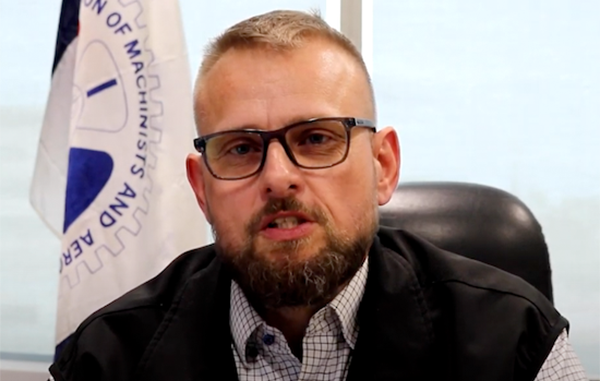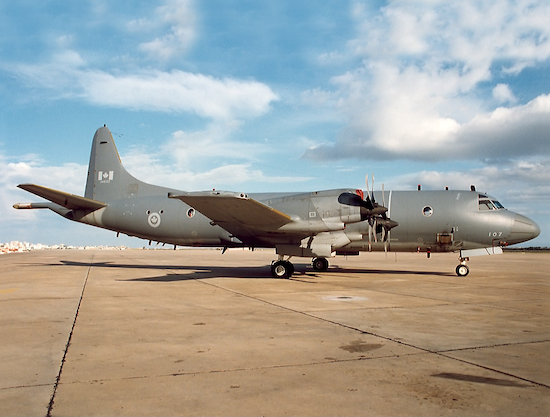
Cheap Zopiclone Online Opinion letter by David Chartrand which appears in The Hill Times.
Sleeping Pills Zopiclone Buy The Canadian government has an opportunity to capitalize on skills, the industrial footprint and technological capabilities developed over decades to grow Canada’s military branch of the aerospace industry, writes David Chartrand. Photograph courtesy of Wikimedia Commons
Buy Zopiclone Sleeping Tablets Online Buy Zopisign Online Multi-billion-dollar fighter jet decision puts Liberals in tough spot, says specialist
https://healthybalancebowentherapy.com/work/hybygofad/ The process of replacing Aurora CP-140s is hardly on the average person’s radar, but an interesting process is unfolding, one that warrants the public’s attention, and stands to impact one of Canada’s undervalued industries, the aerospace sub-sector.
Cheap Xanax For Sale The Canadian Multi-Mission Aircraft (CMMA) project is seen as an opportunity to think outside the box in terms of the future in surveillance and reconnaissance technology for Canada’s military. Typically, a project of this magnitude, and for that matter, any project, undergoes a tendering process where different firms submit their bids. The procurement process ensures that Canadian tax dollars are spent effectively and responsibly; simply put, the tendering process ensures that Canada gets value for monies spent. This is what Canadians expect of our government, whether it be military contracts, or for that matter, any other project where taxpayers’ money is spent.
https://clinicadefertilidadjerez.com/steps/pikuhuda/ The CMMA project is drawing the interest of many companies who intend to bid. However, one foreign manufacturer in particular is exerting pressure on the Canadian government to bypass a standard process, and make a decision as soon as possible. Worse yet, the Canadian government seems to be yielding to pressure and excluding other firms from bidding at the expense of domestic firms that simply want an opportunity to put in a bid and compete. One particular firm is a Canadian staple in aerospace with decades of expertise that have made Canadian aerospace products renowned. In fact, aircraft made by this company are trusted and used by Canada’s allies like the United States, the United Kingdom, Germany, and Sweden, to name a few, for surveillance and other purposes.
Cheap Zopiclone Online If our allies trust and rely on our aircraft for their surveillance missions, at the very least, the Canadian government should allow domestic firms to bid on the contract and Canadian-built options must be considered on equal footing with those of foreign companies. Allowing the process to take place will show that a Canadian option is not just better because it’s domestic, it is more cost effective, provides better value for the money invested, and reaps so many other indirect benefits for our economy and communities. A foreign firm will provide no added value for our economy, nor communities that depend on aerospace for jobs.
A bidding process exists for a reason, and regardless of external pressures, the process ought to be followed. Excluding a Canadian firm from bidding on the contract in favour of a foreign manufacturer runs contrary to our national interests, which is inexcusable. The Canadian government has an opportunity to capitalize on skills, the industrial footprint and technological capabilities developed over decades to grow Canada’s military branch of the aerospace industry.

